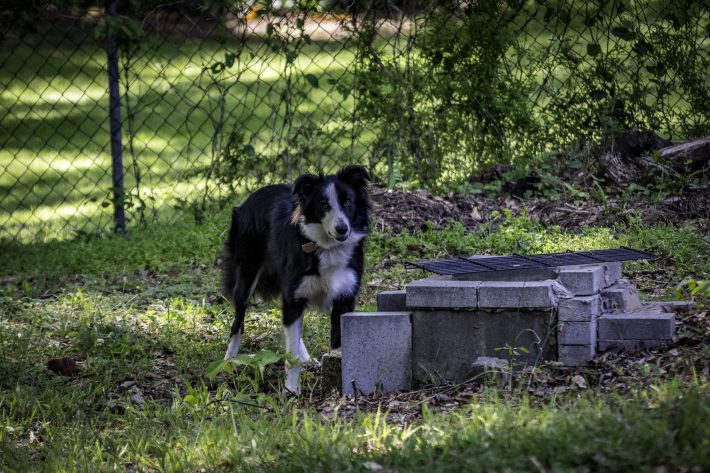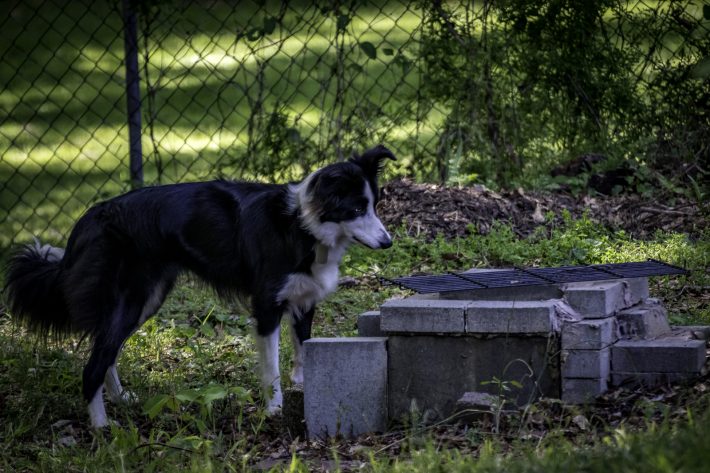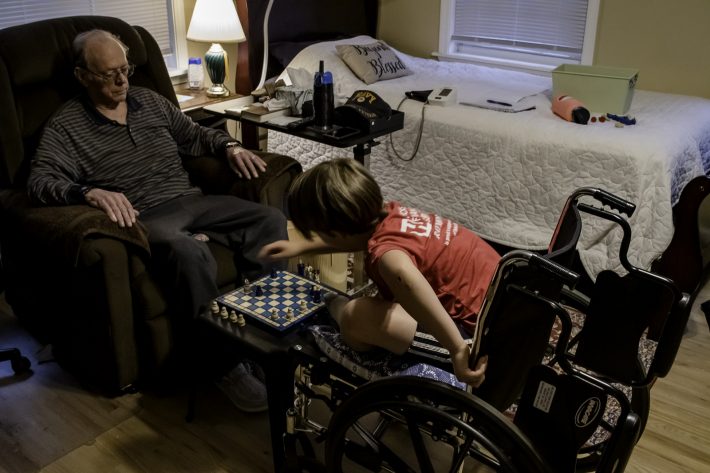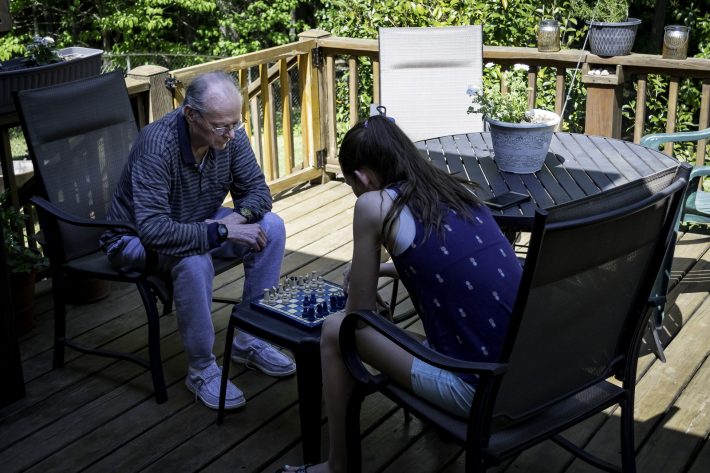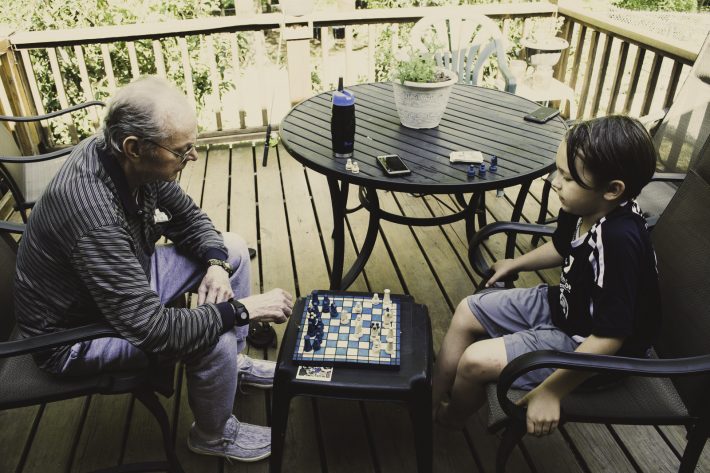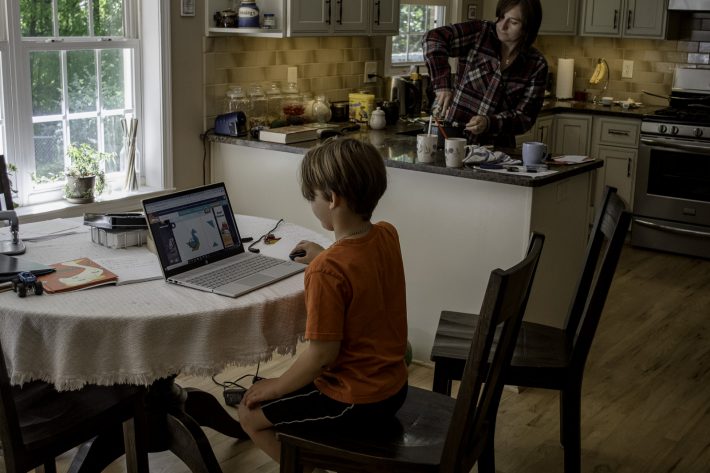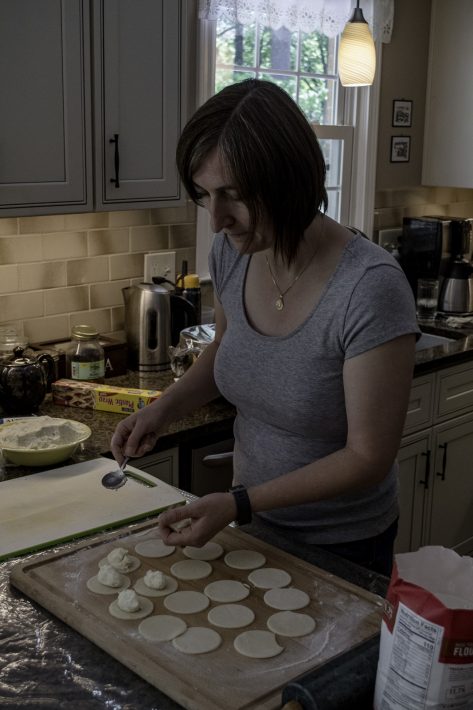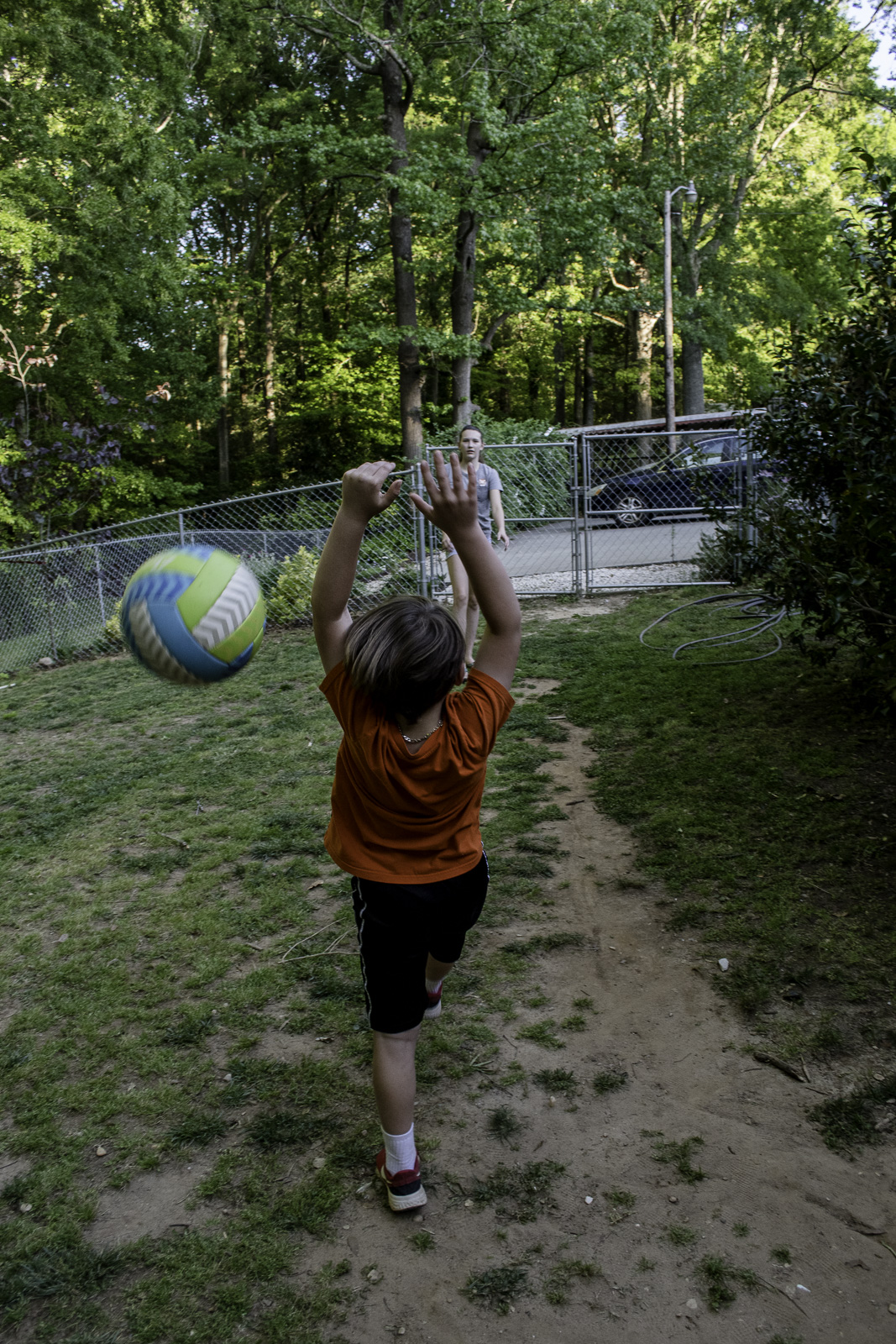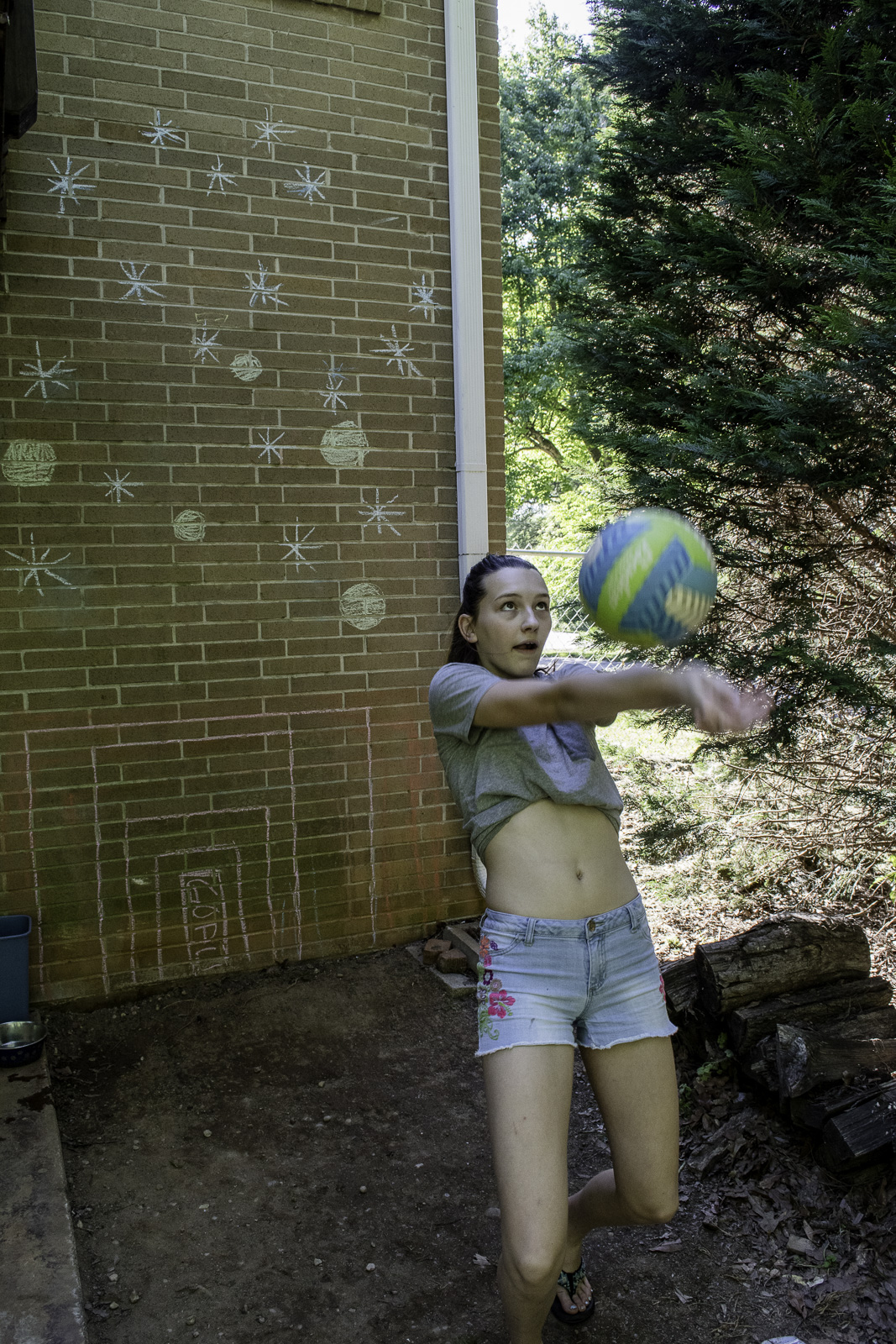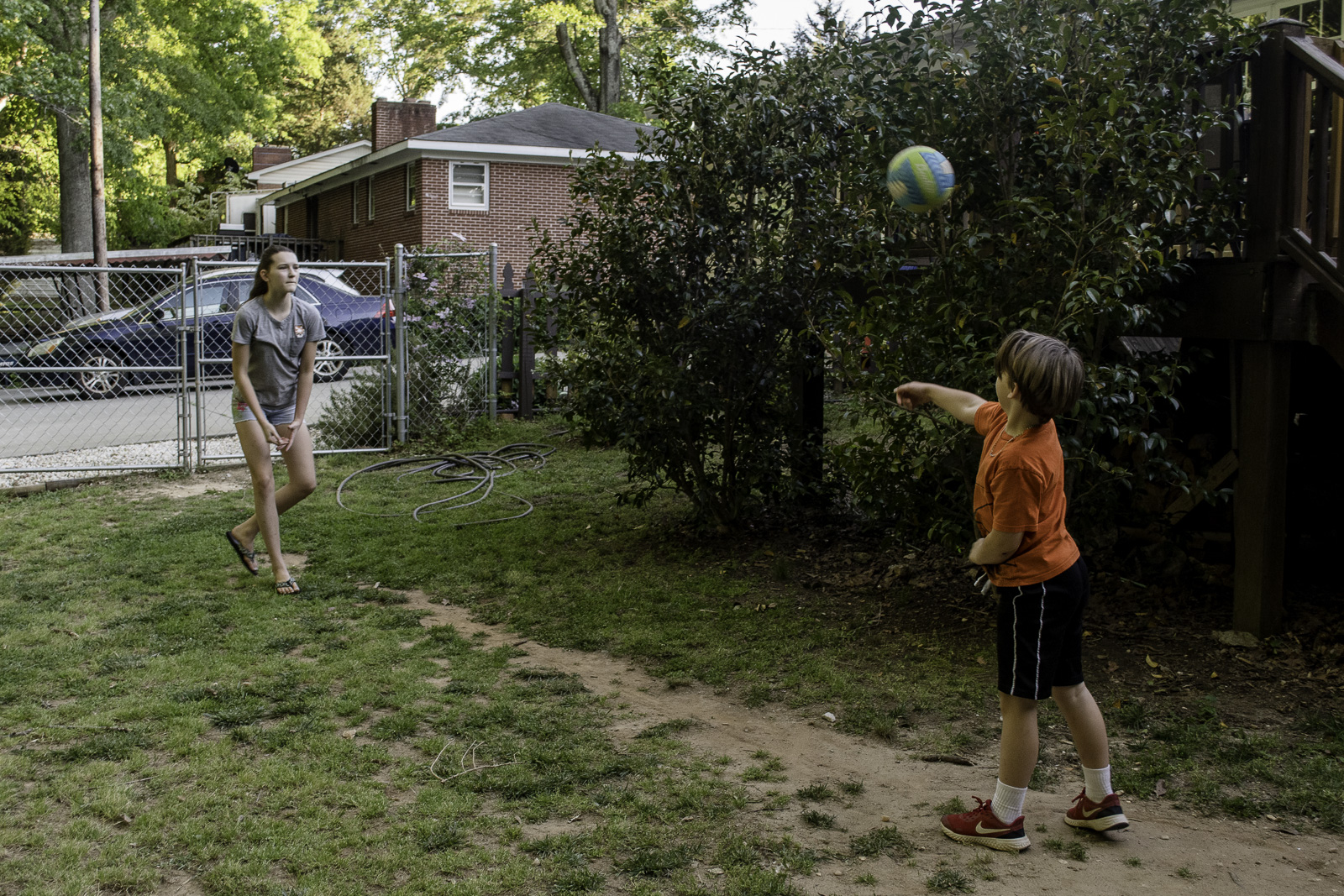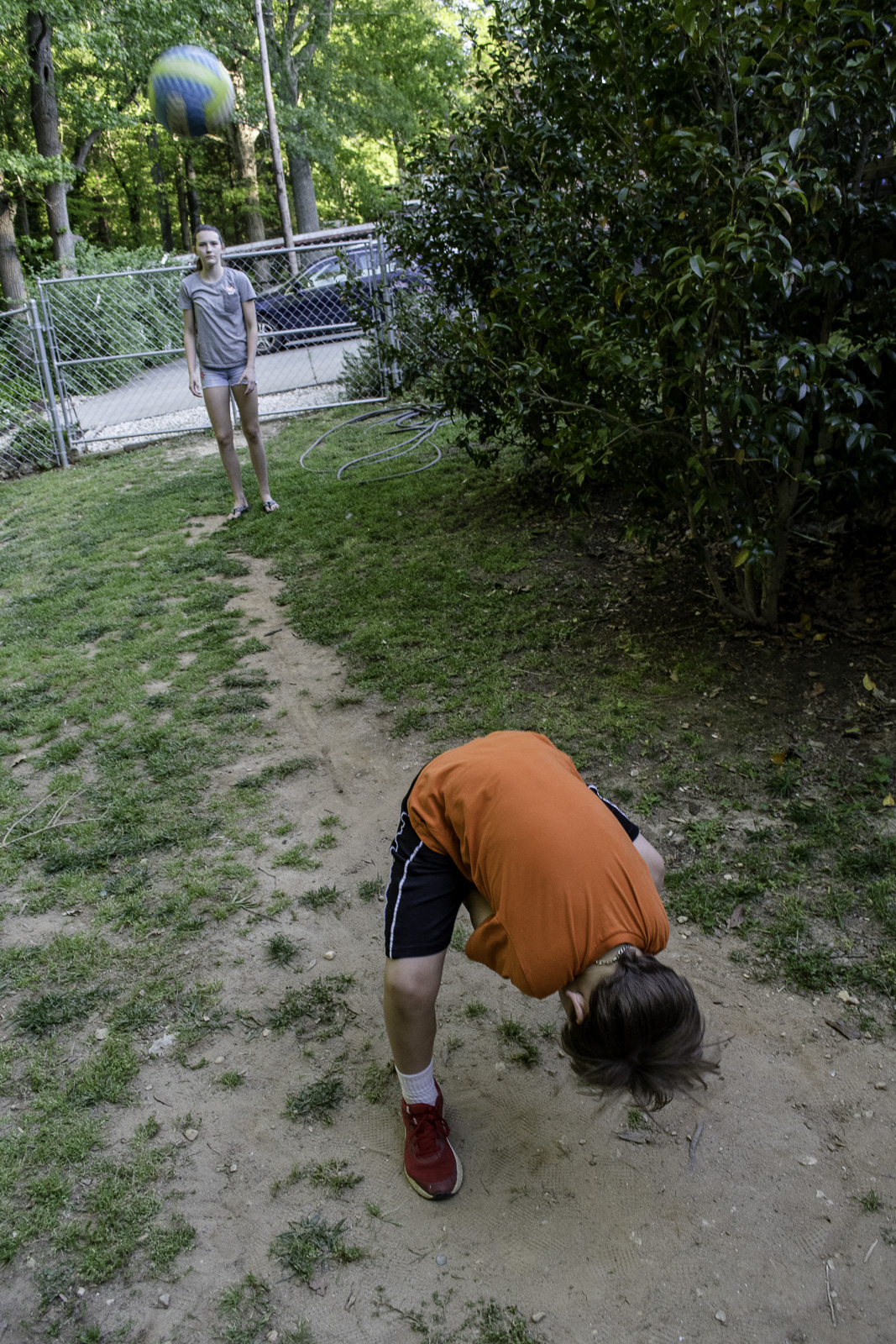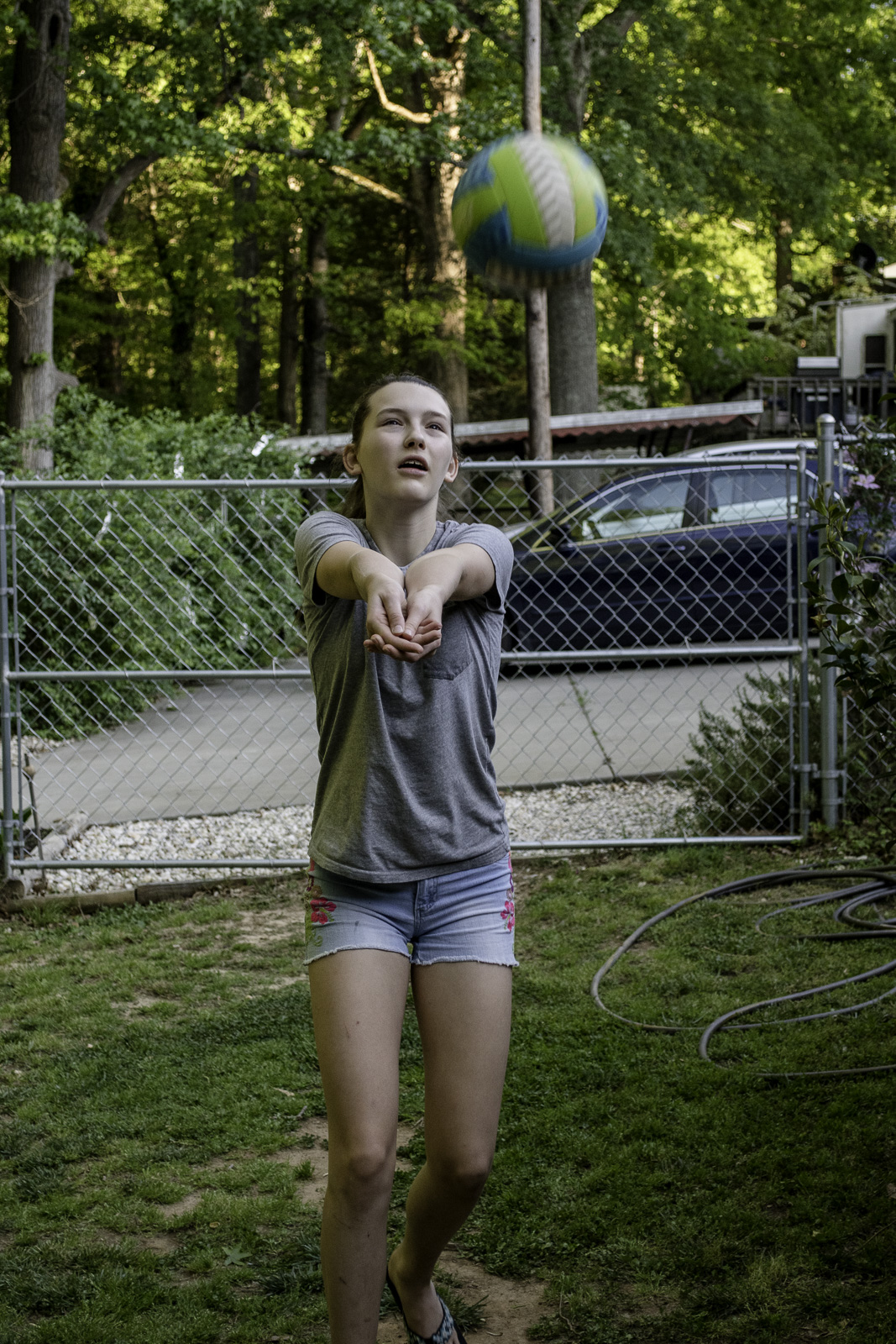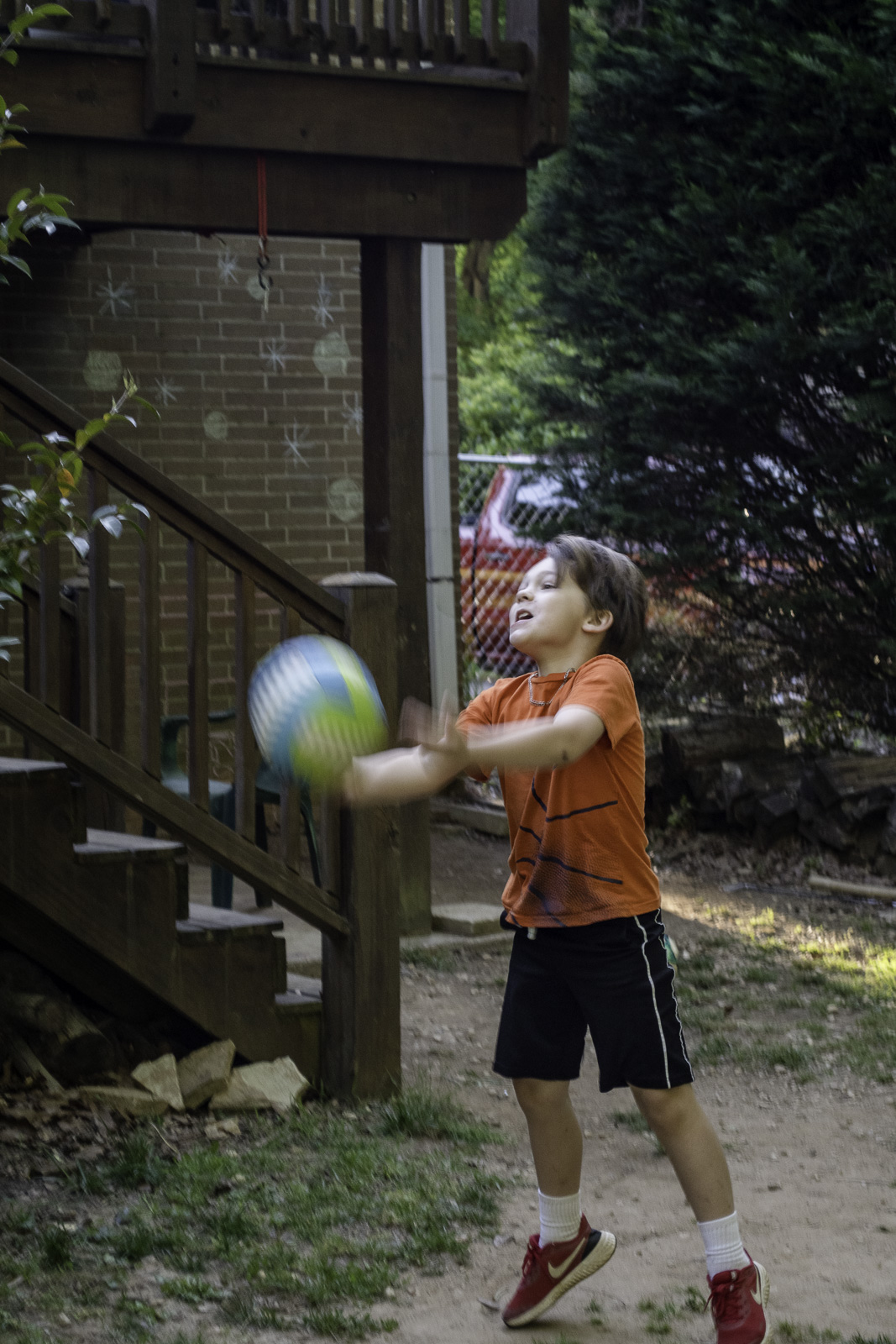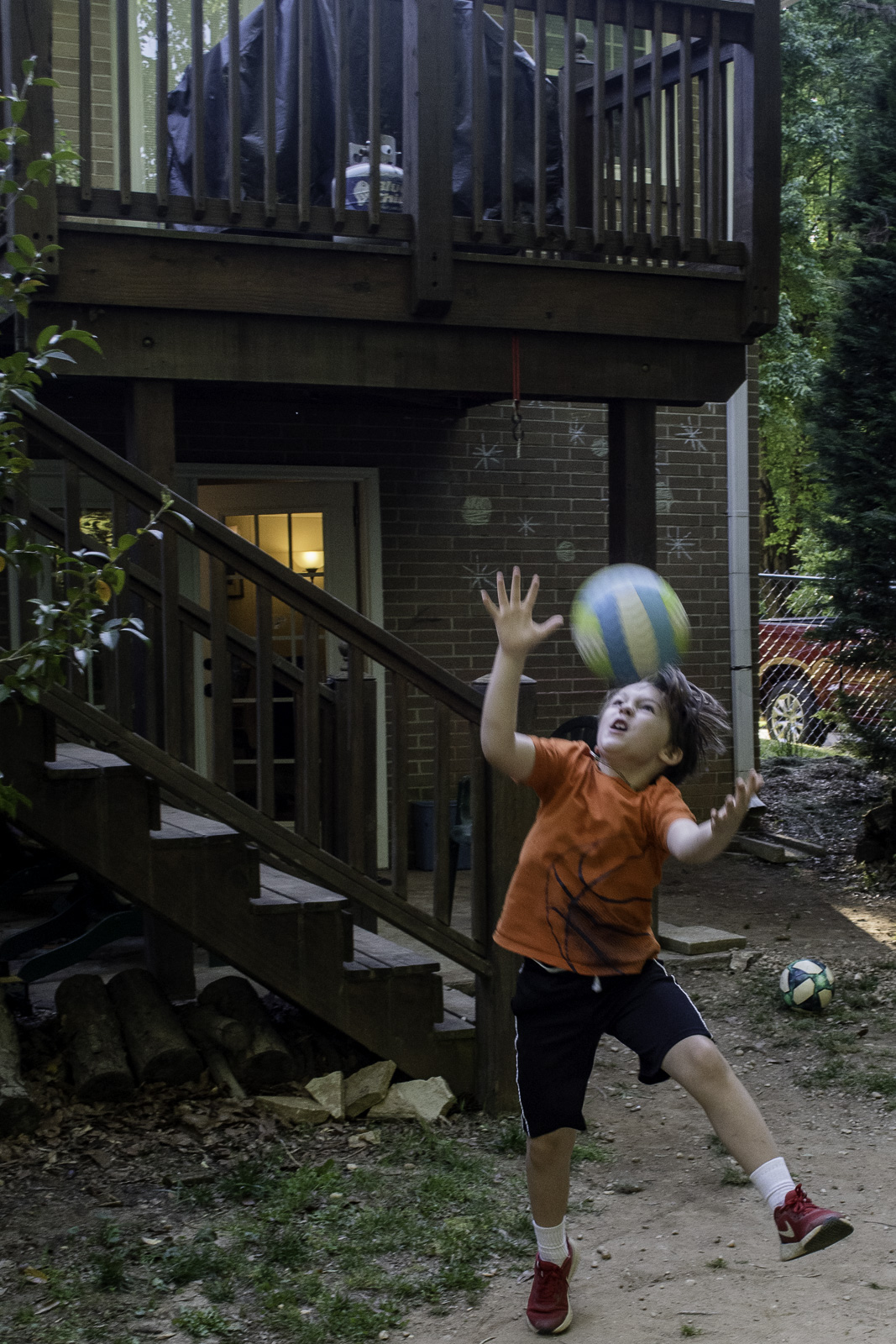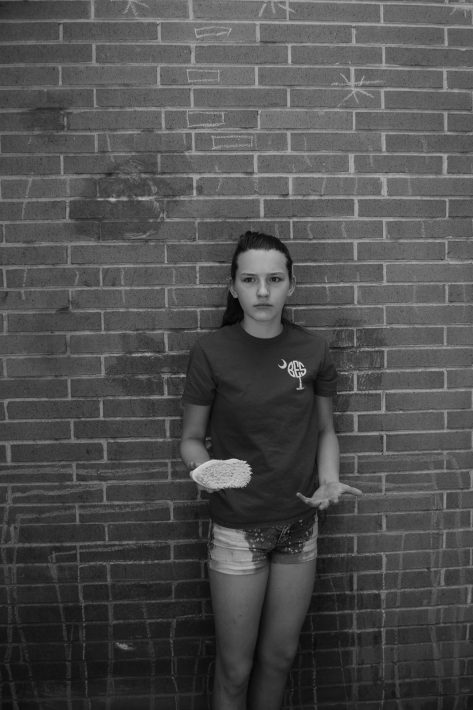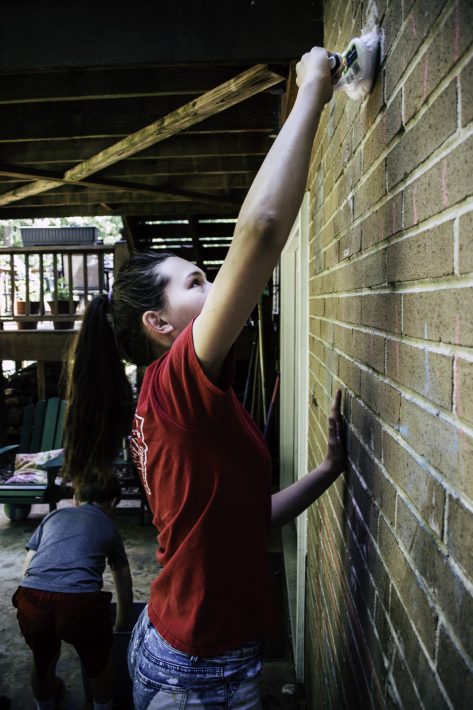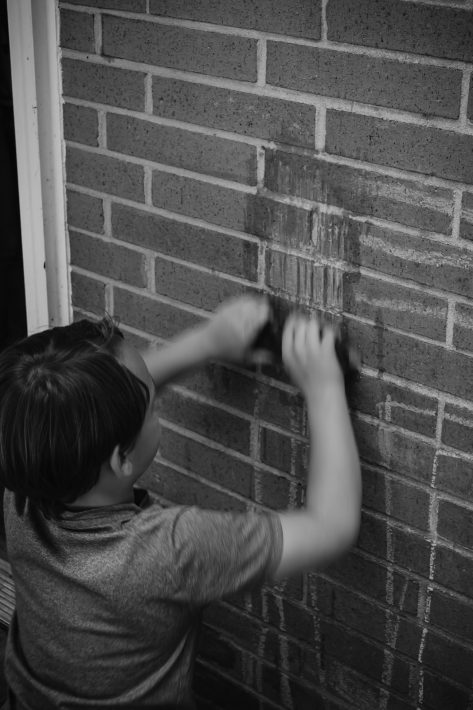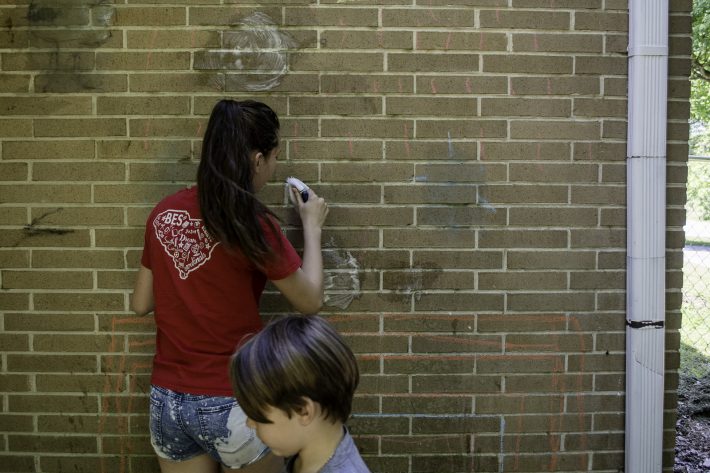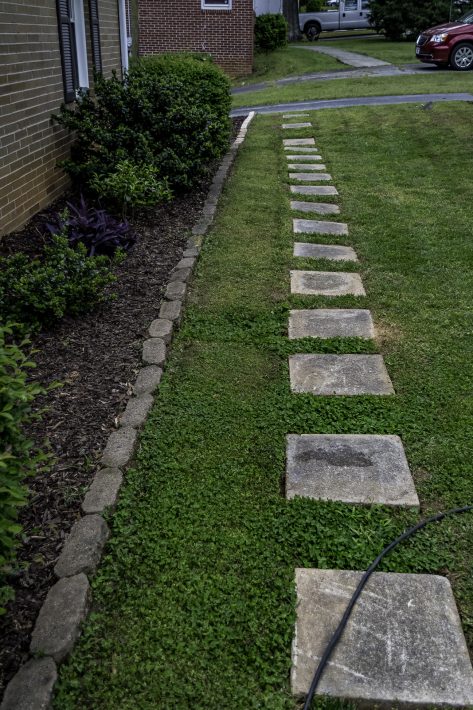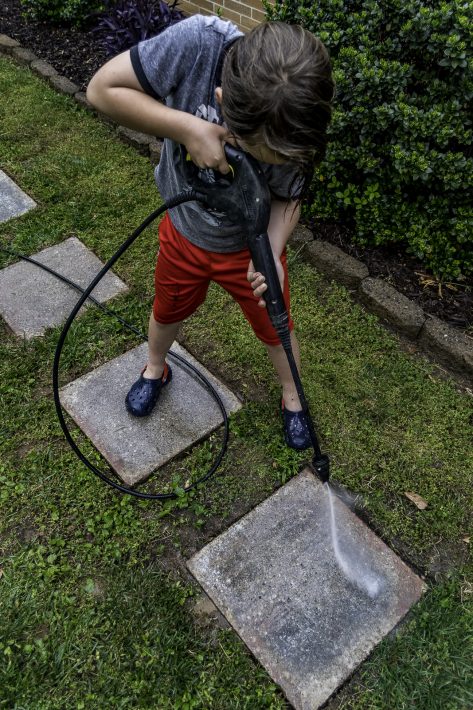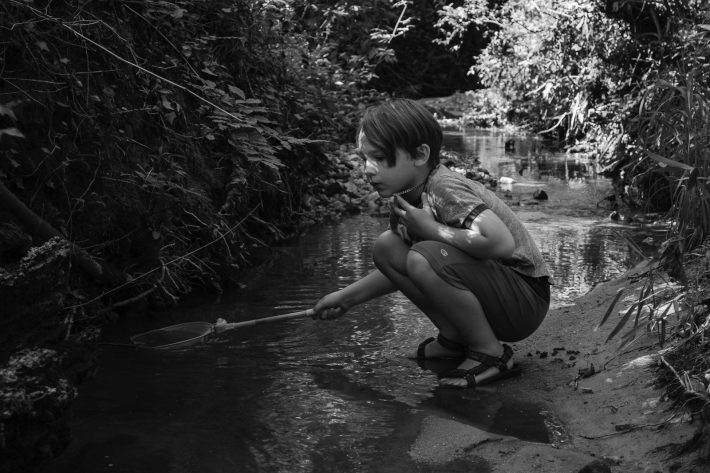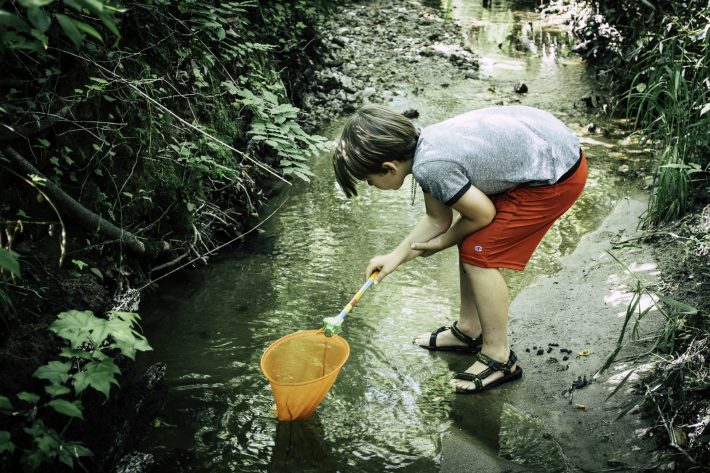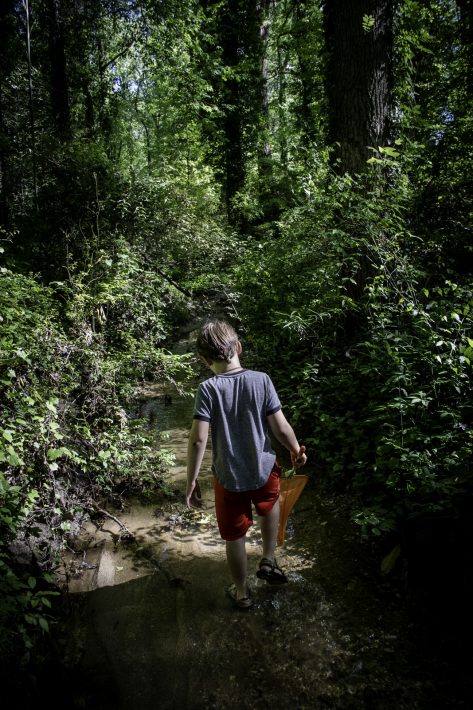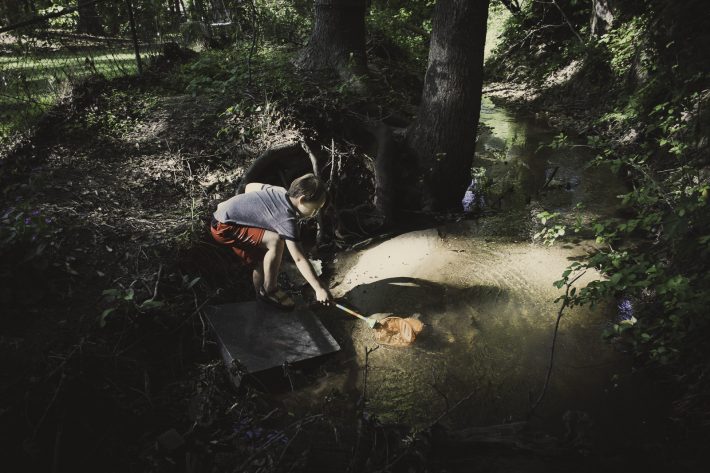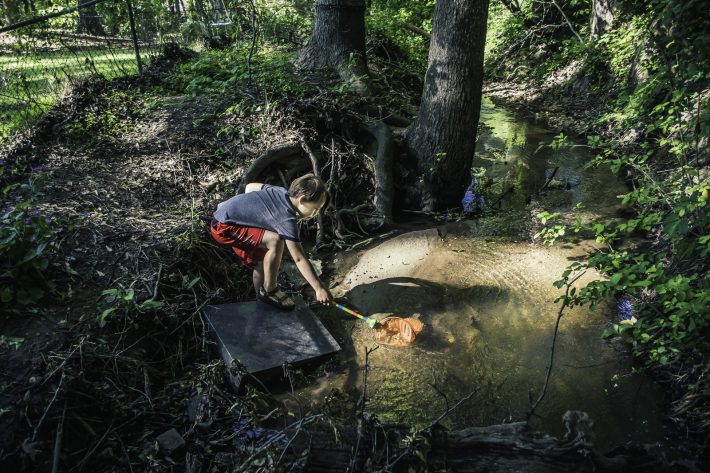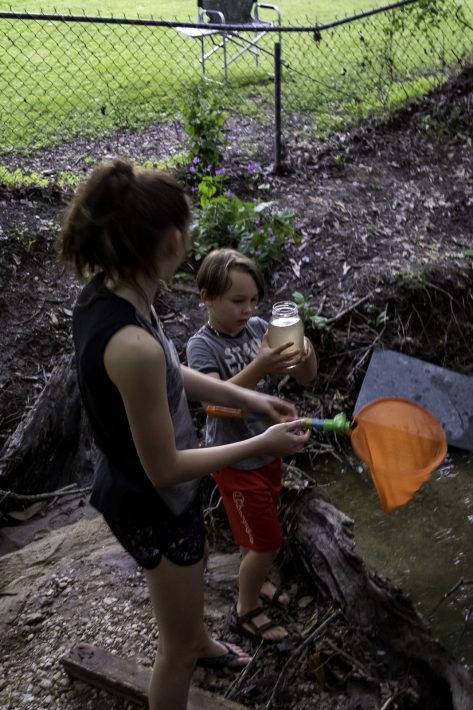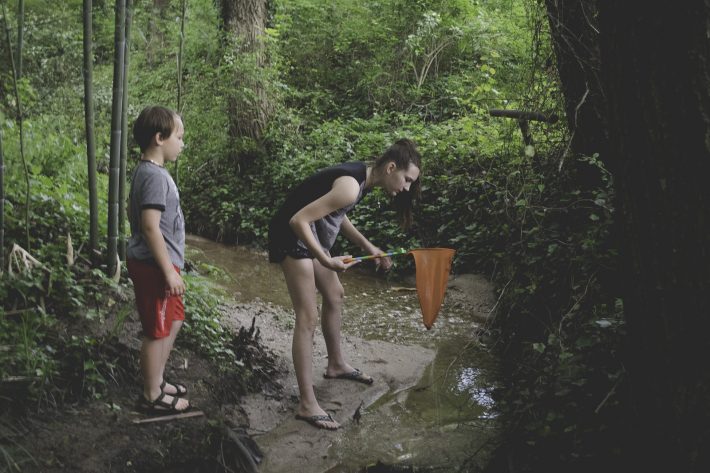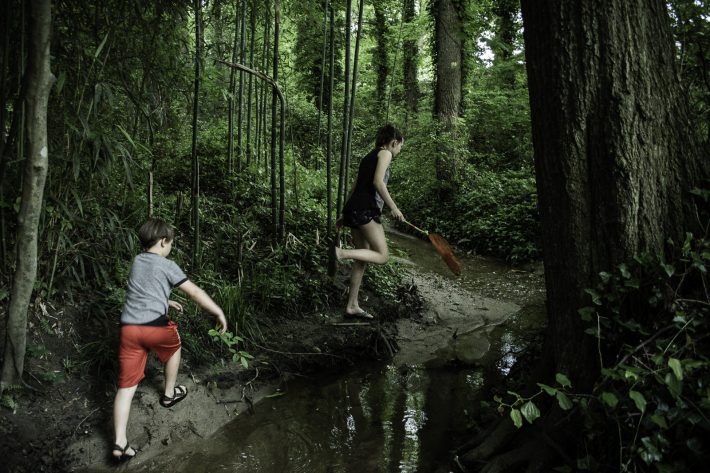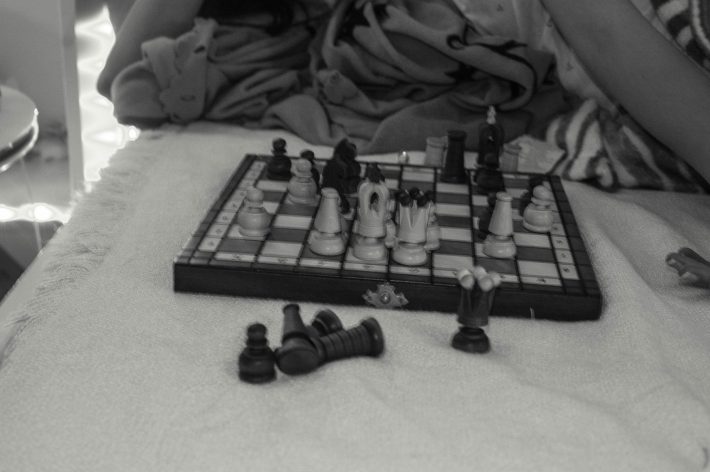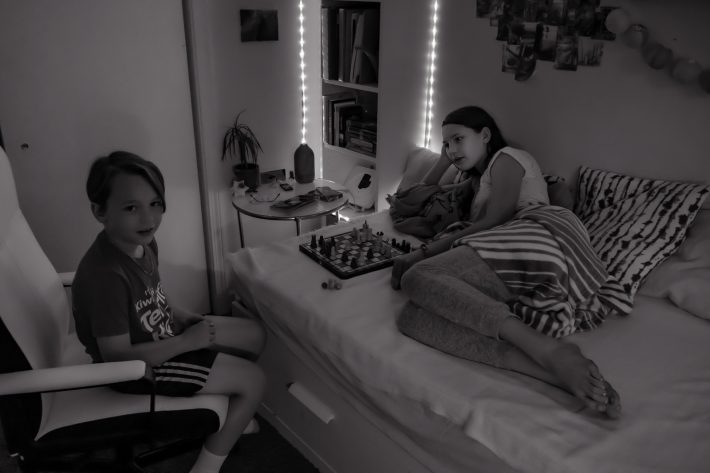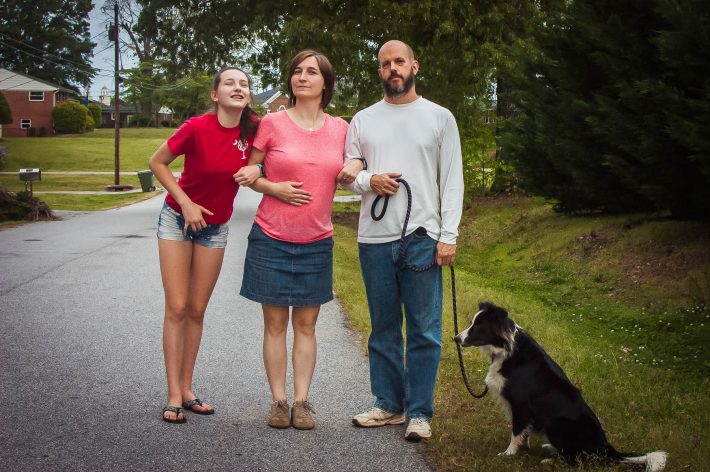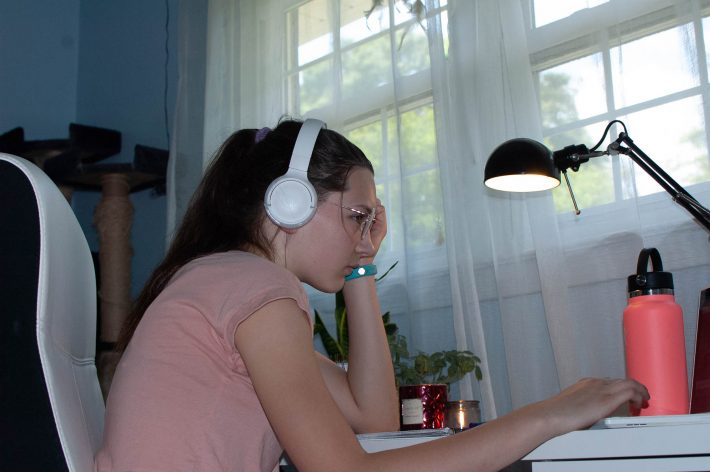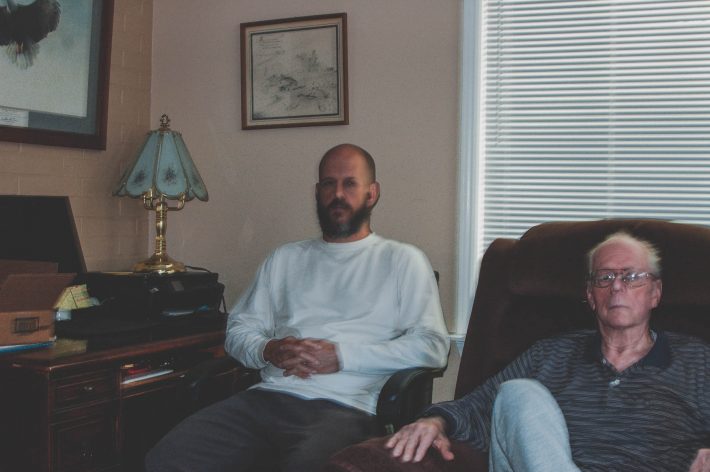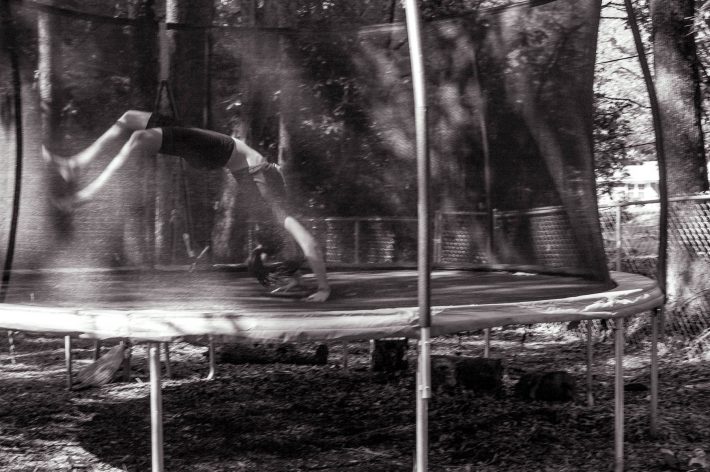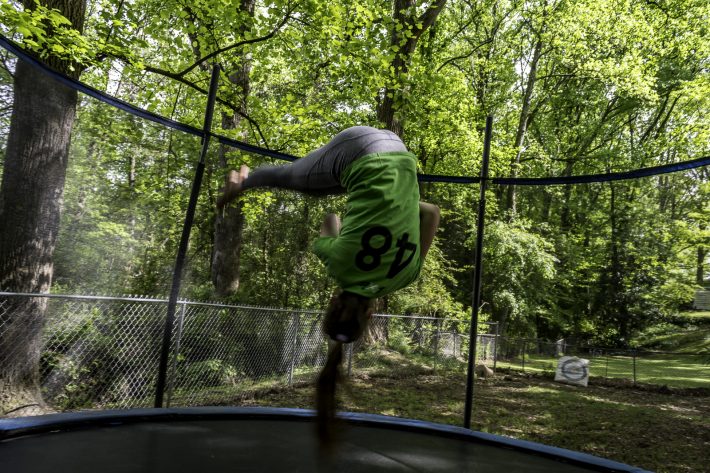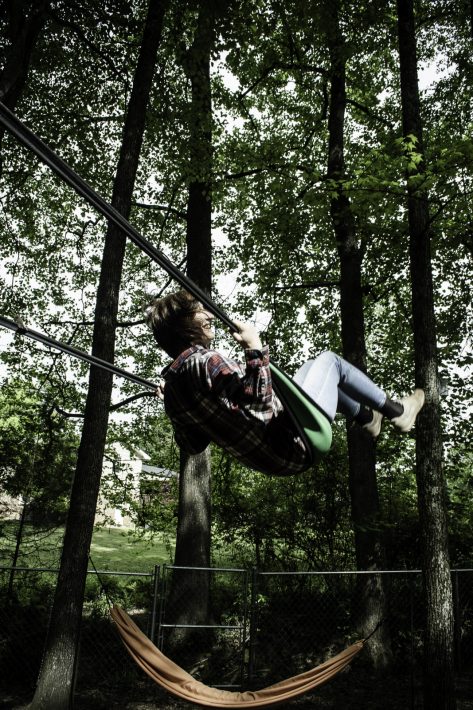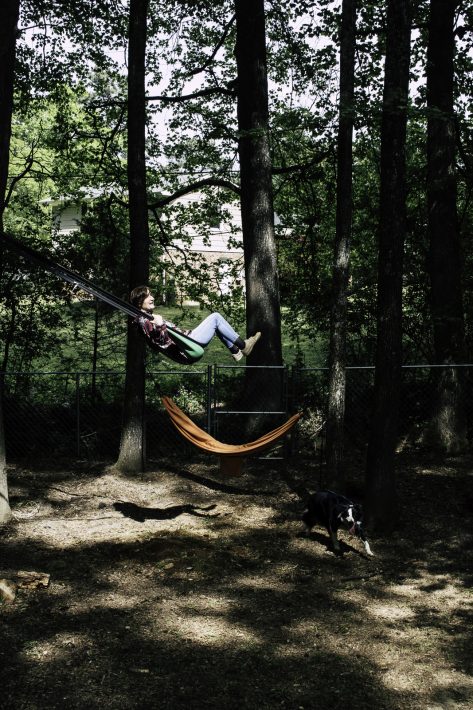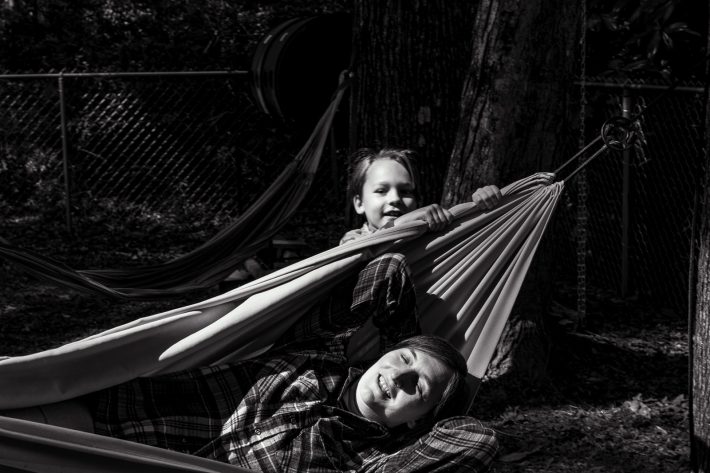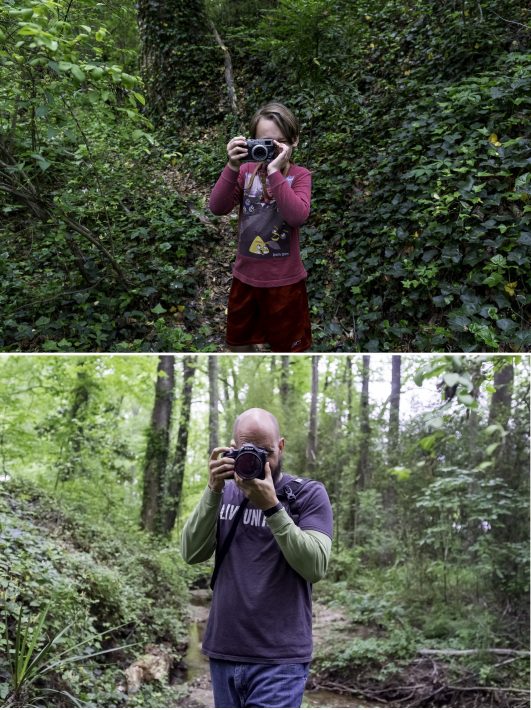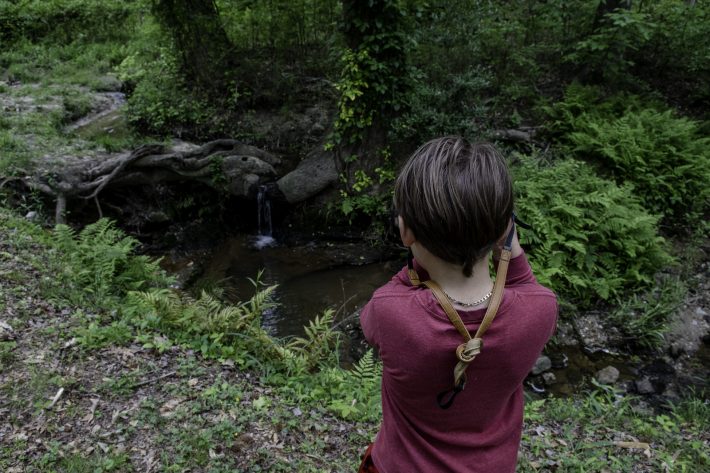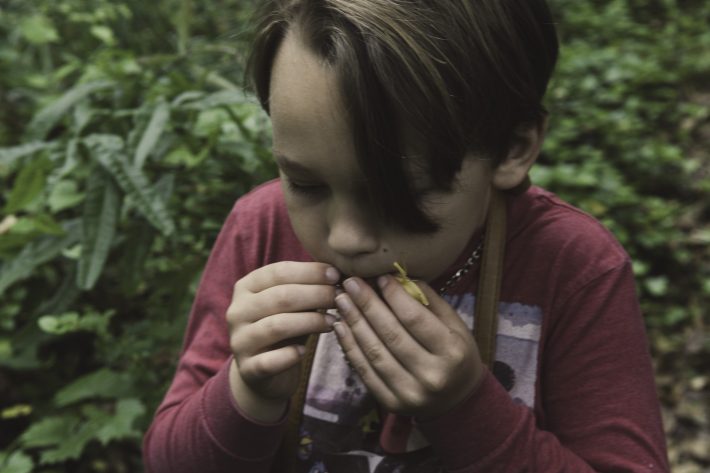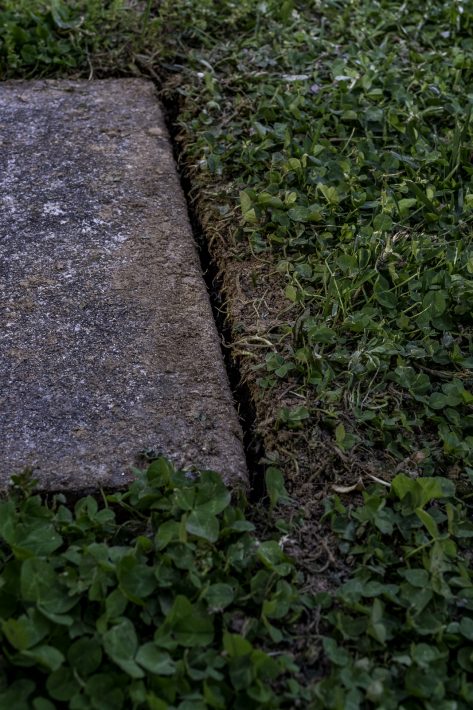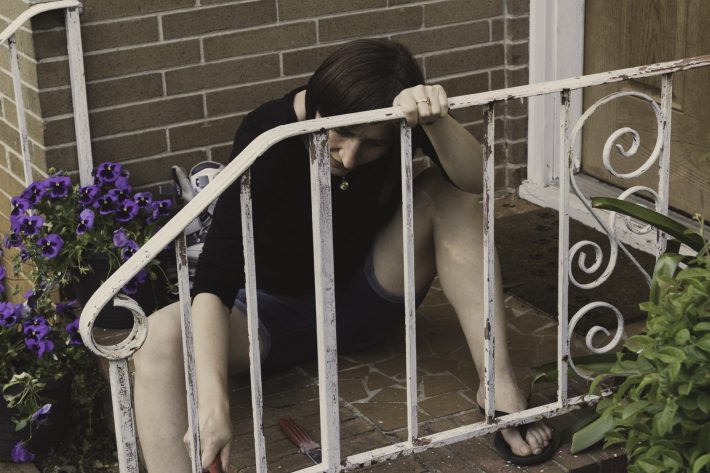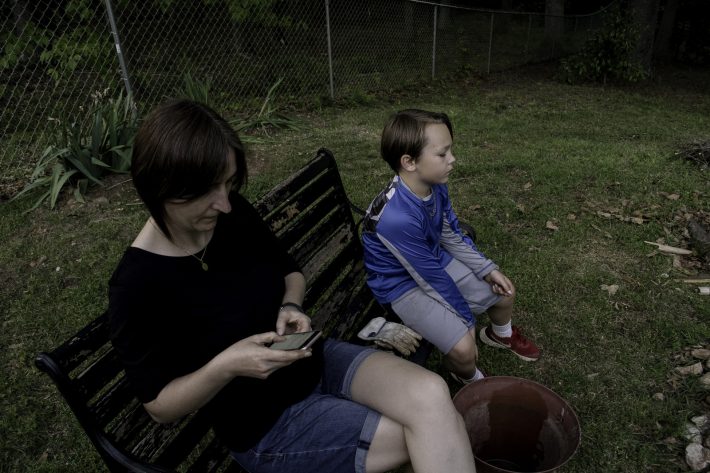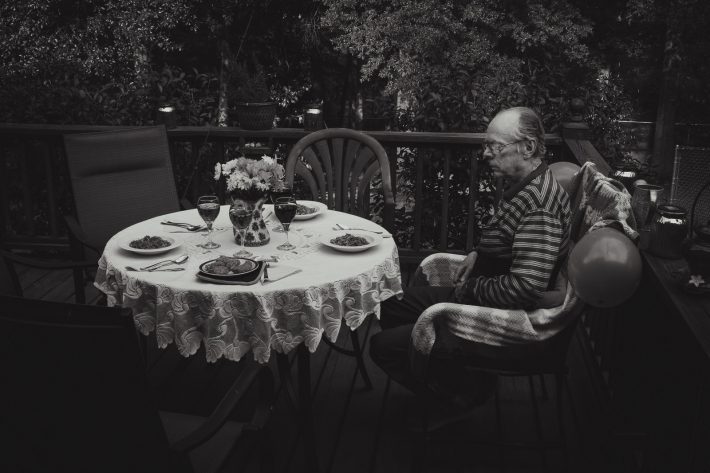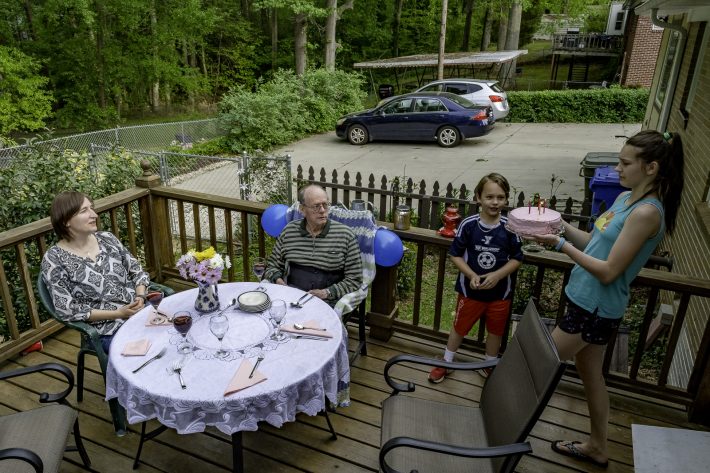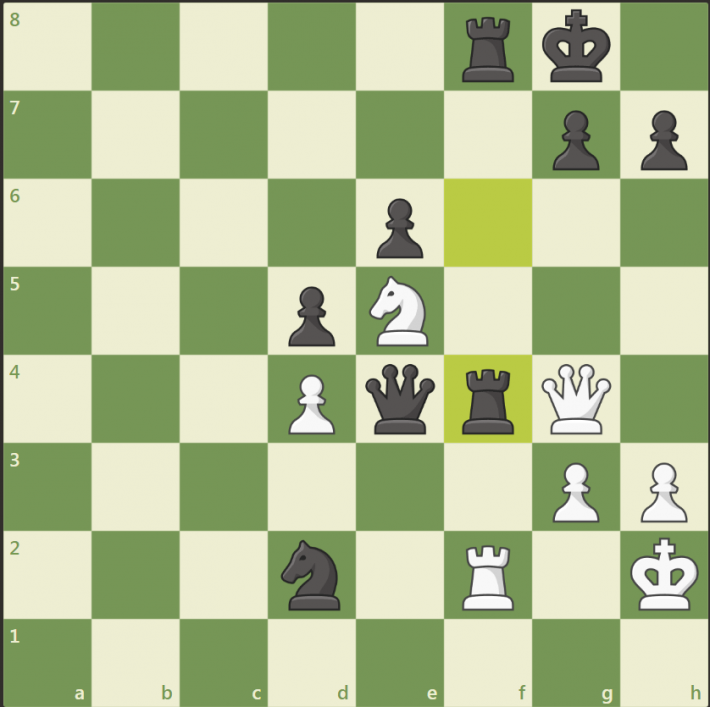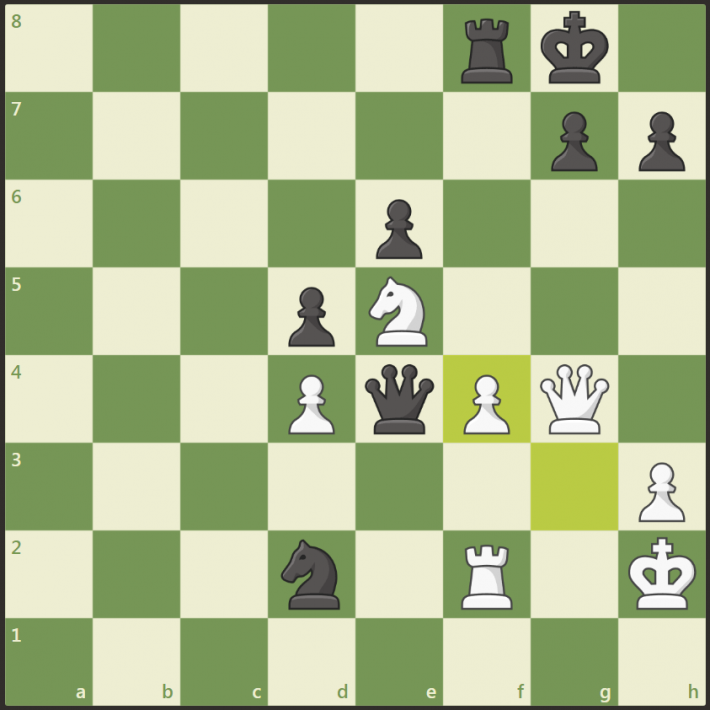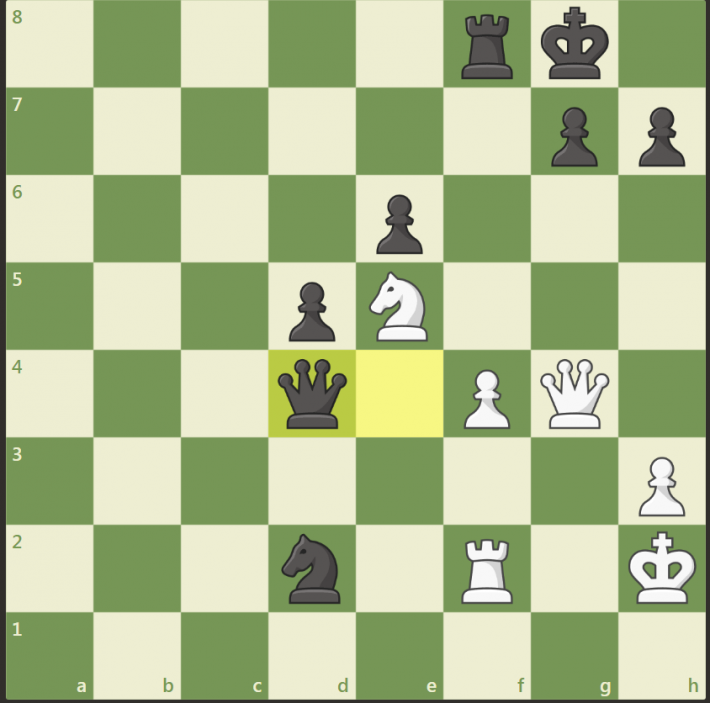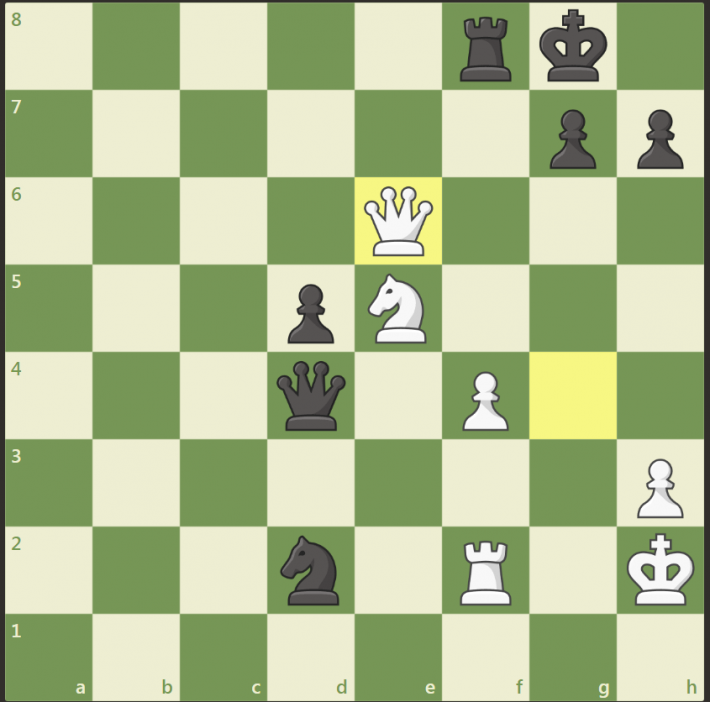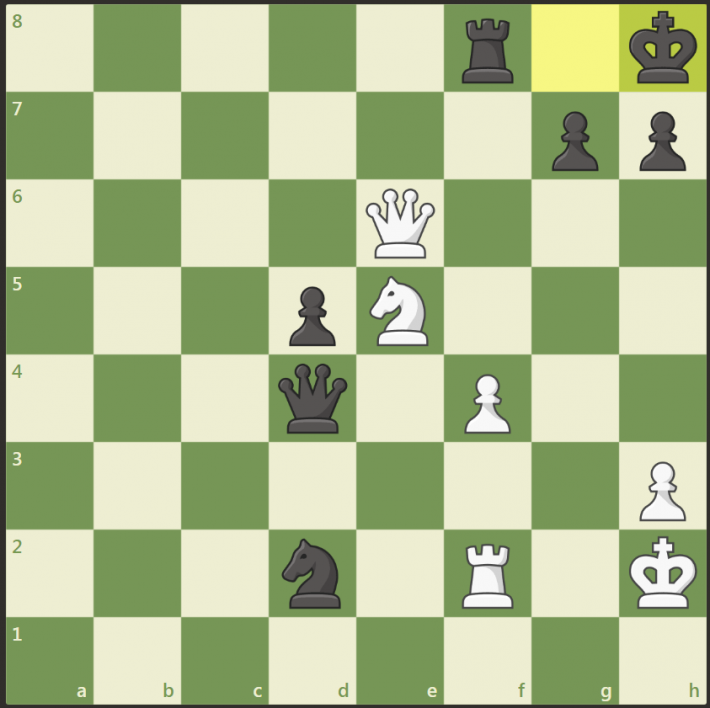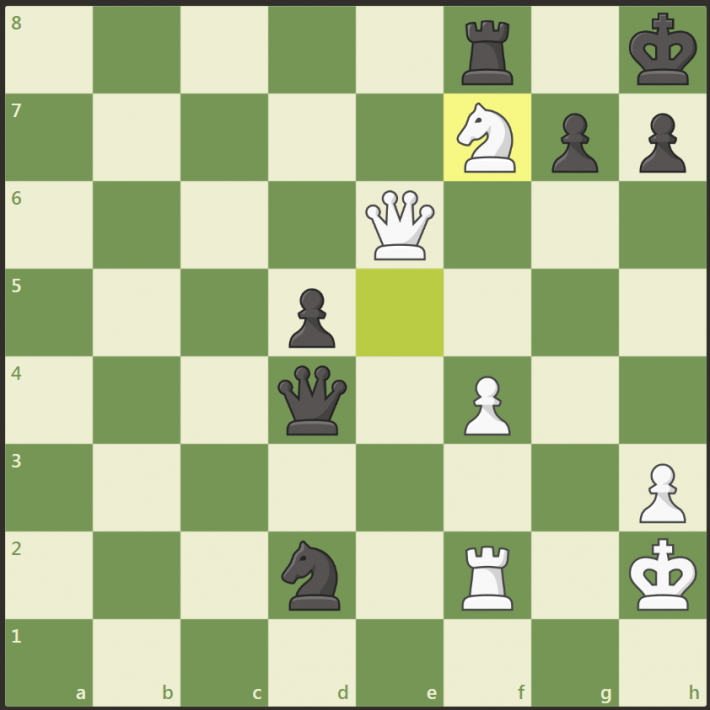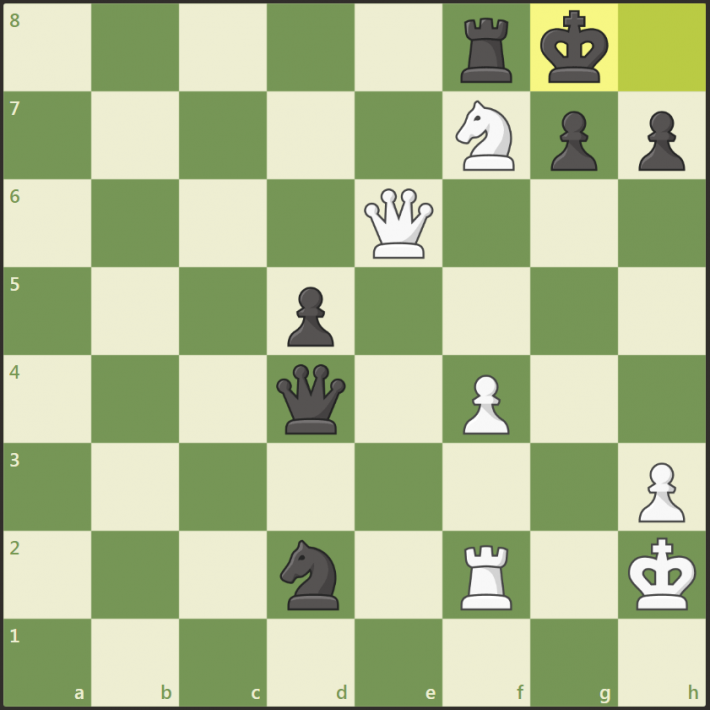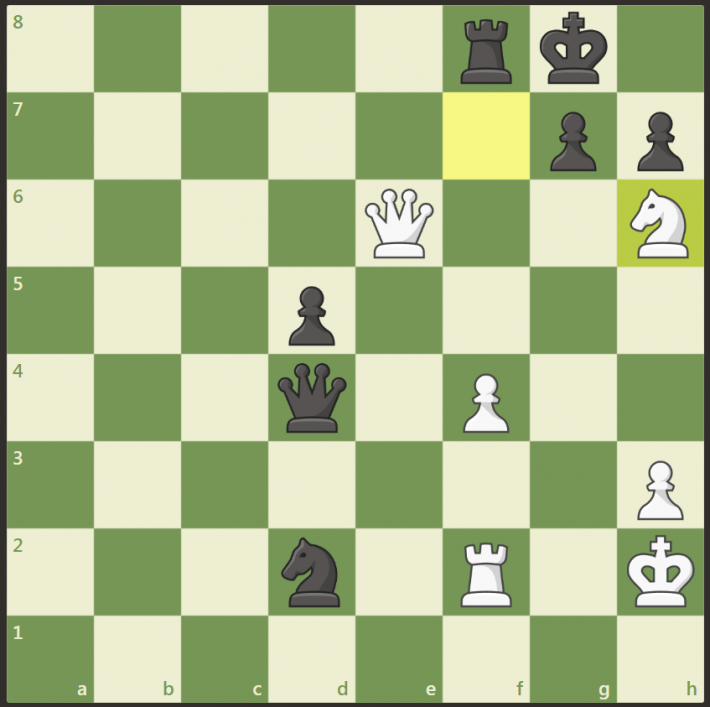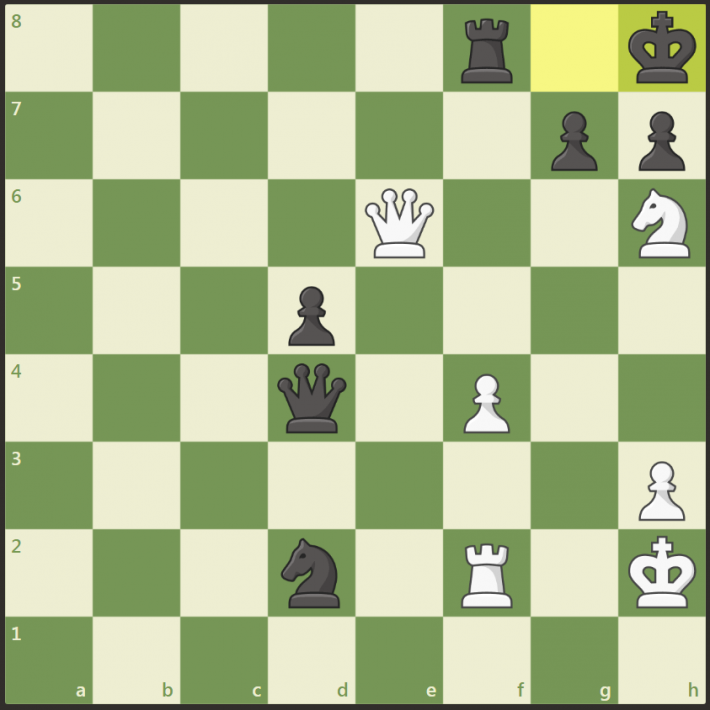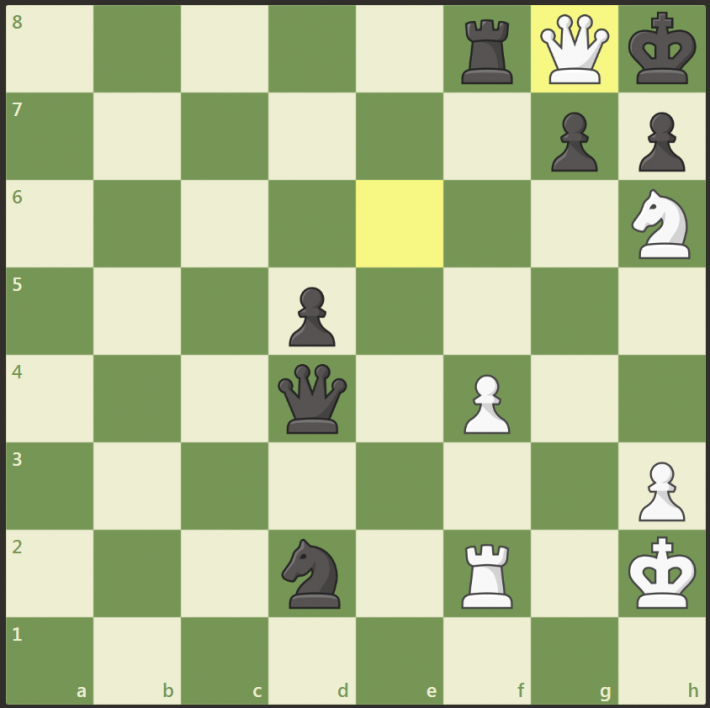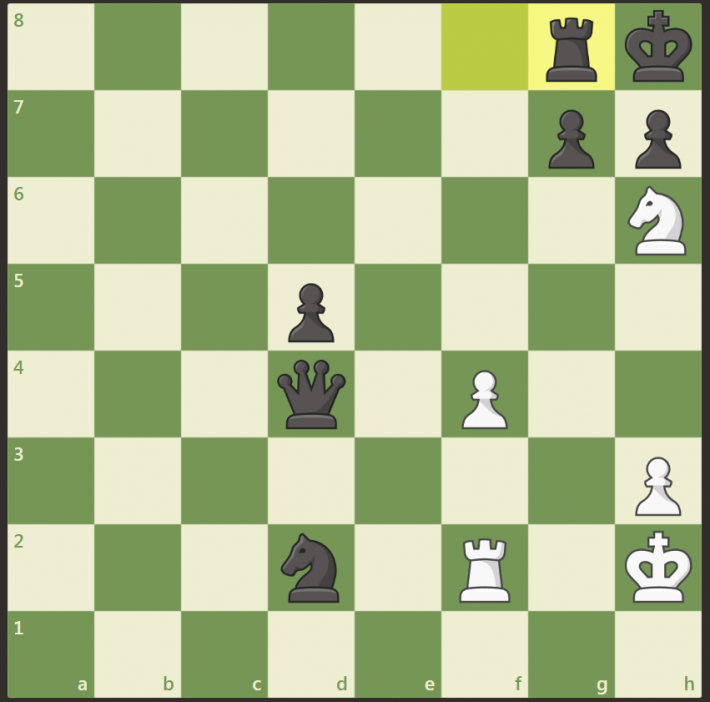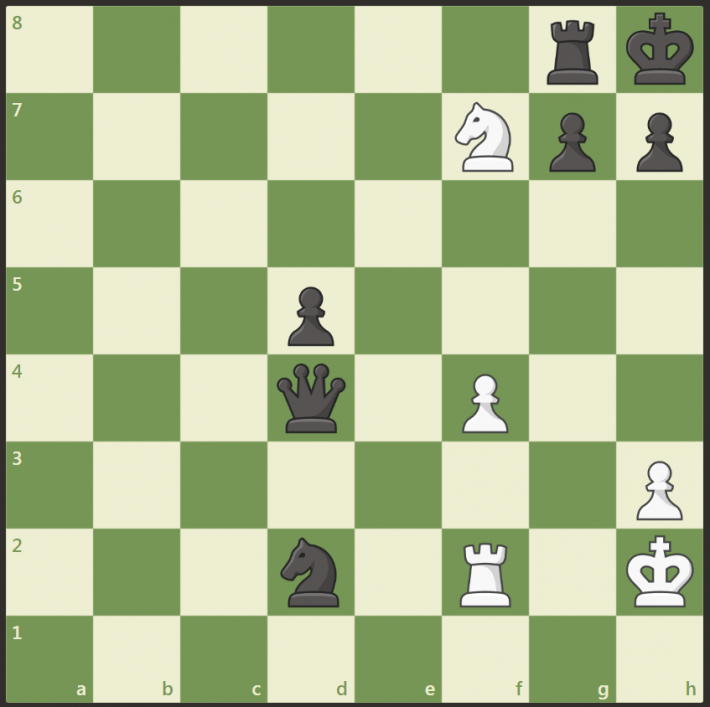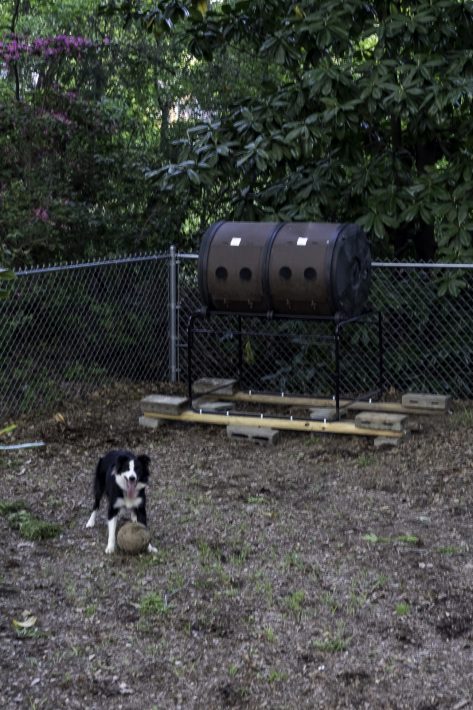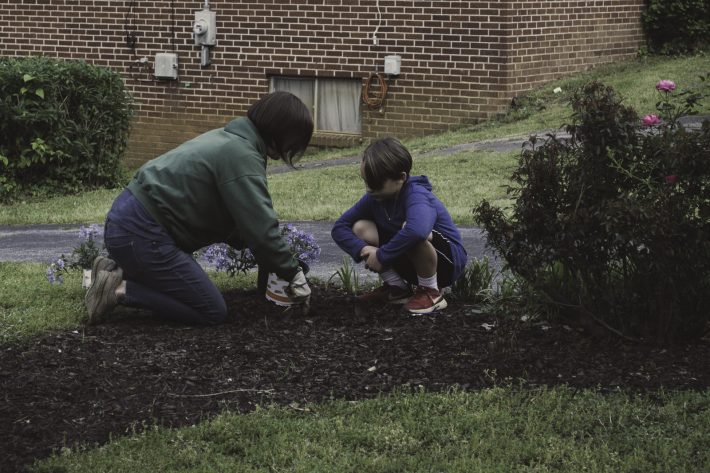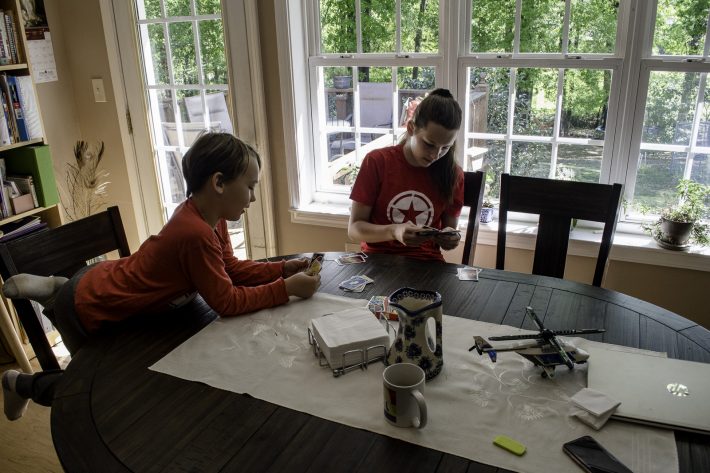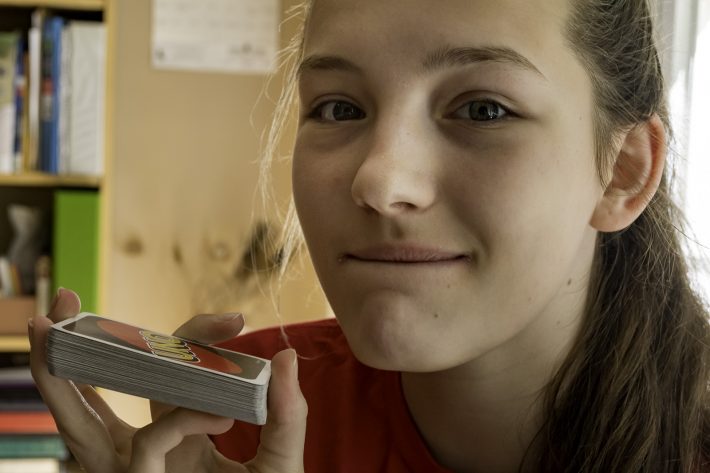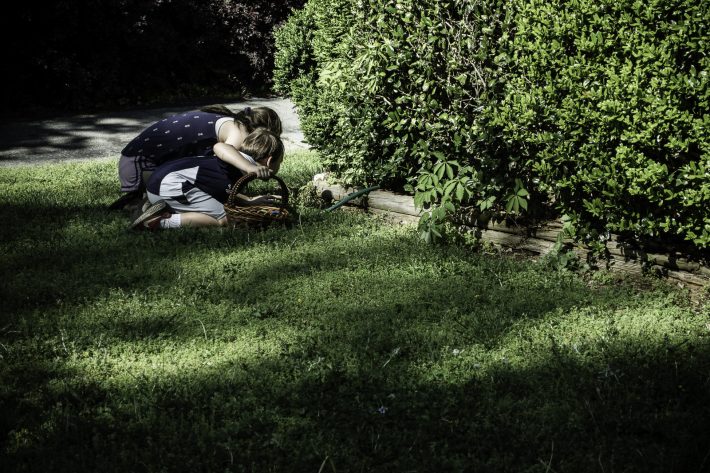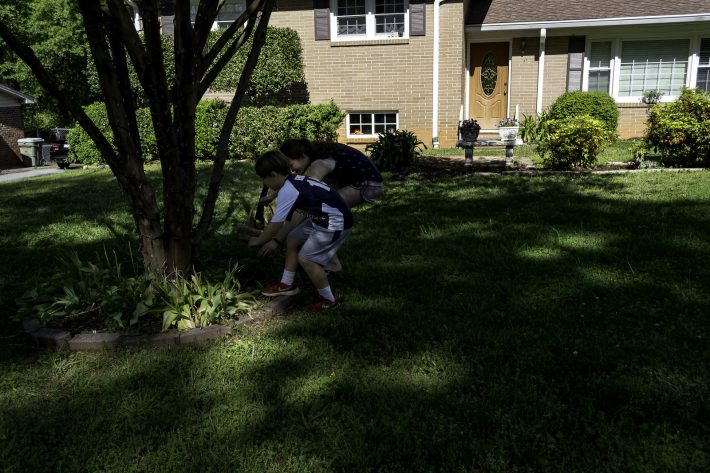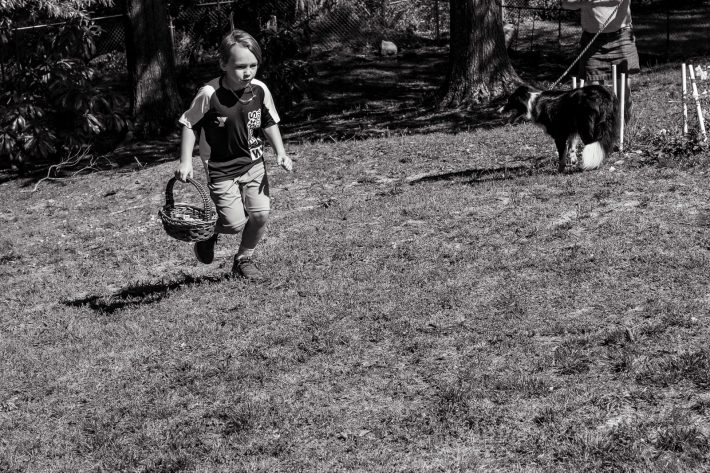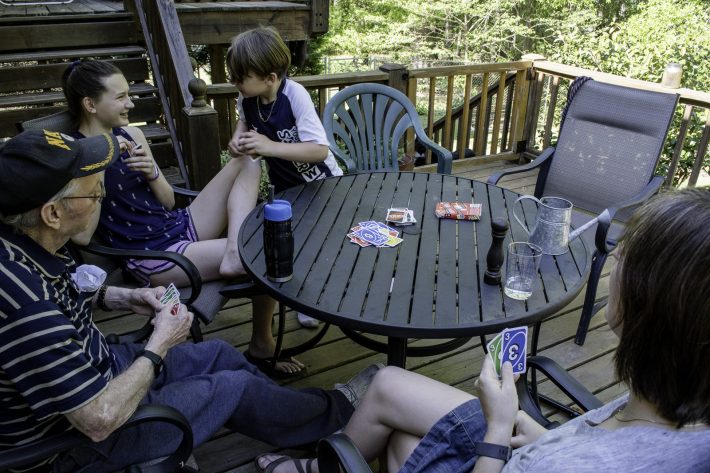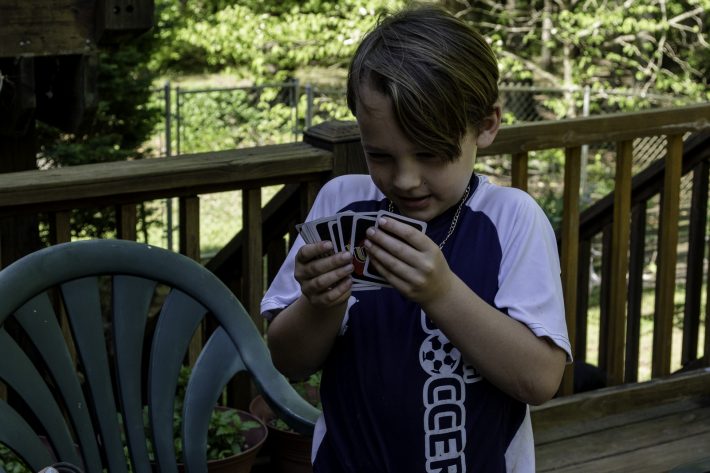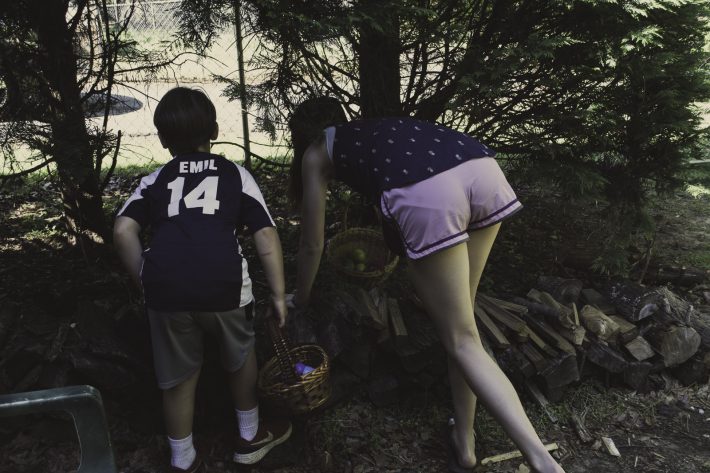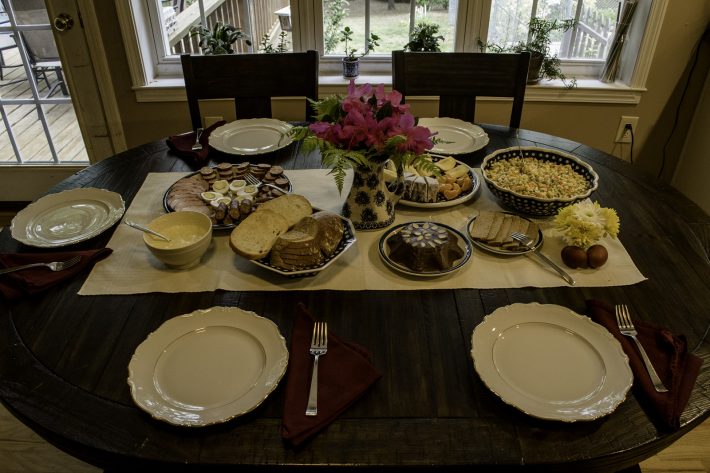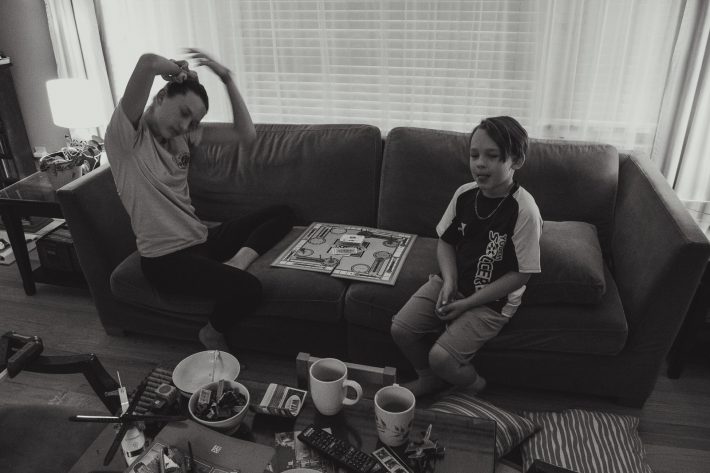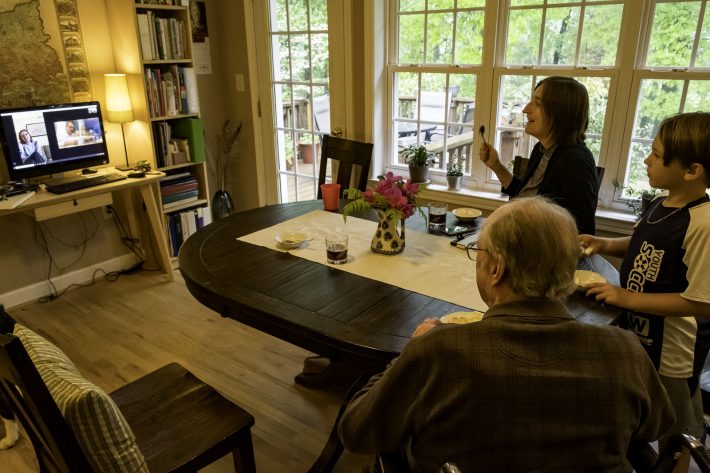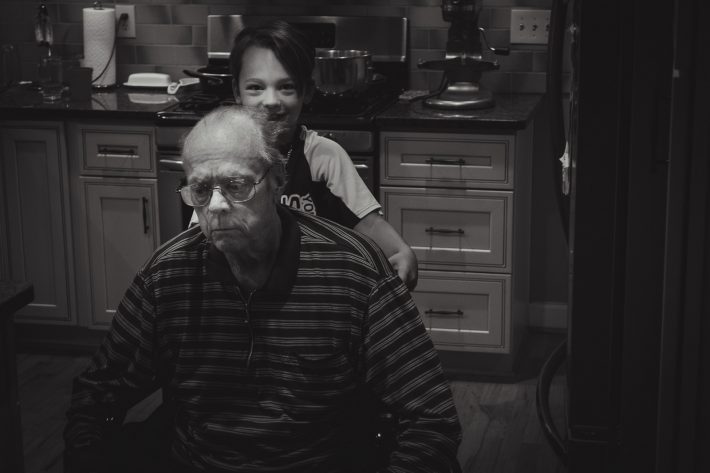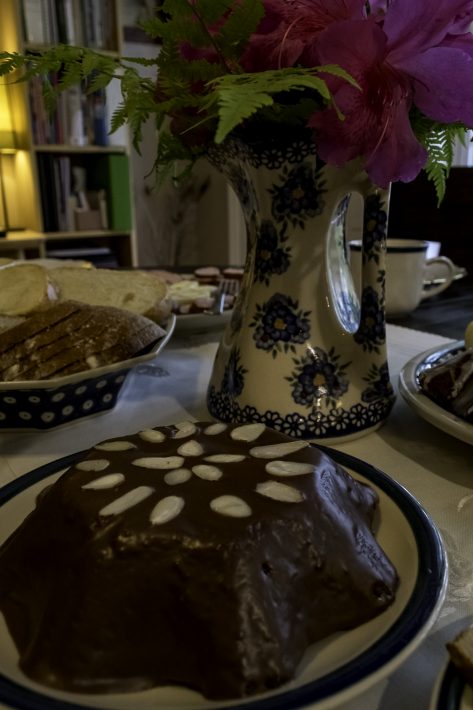Some years ago, there was a little flu epidemic here in the upstate. I’d forgotten all about it until I read the entry from the “Time Machine” widget at the bottom of the page.
I wrote,
Students come running into the classroom, desperate not to touch anything but the bottles of hand sanitizer that they’re most eagerly sharing amongst themselves. They sit down and put their hands in the air as if they’re being held up at gun point. They open doors with their feet and they laughingly refuse to touch the copies of Much Ado About Nothing we’ve been using in class.
A quick look around the room confirms my suspicions: I won’t be able to accomplish anything without dealing with this first.
That was 11 years ago now, and it seems so insignificant compared to what we’re living now. Our flu outbreak affected a small part of the state; this viral reality is affecting the entire world. Magnify something and its significance seems often to increase exponentially like the curve of new cases in many places. That curve seems to have reached its summit in some areas. Everyone seems eager for that to be the reality, though. Do we have the maturity and self-control needed to keep the curve from turning back upwards again? I don’t know.
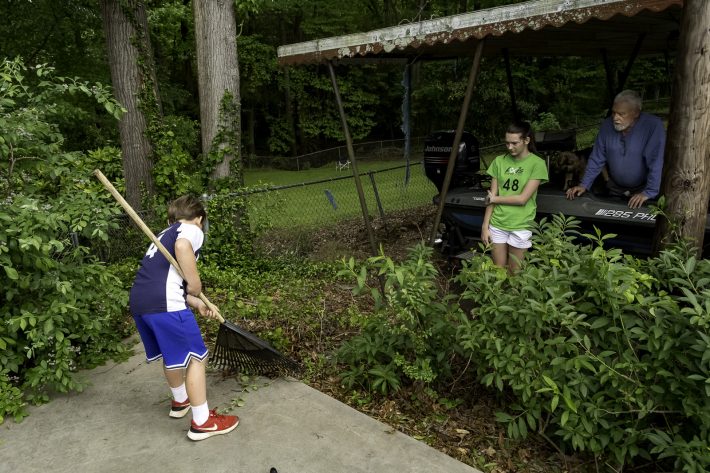
I know the kids have simply settled into the new rhythm and joke about it. The Girl is having an easier time than the Boy in some ways because she’s in more constant contact with her friends through Facetime — they sometimes just leave it on while they’re doing other things, as if to have a companion near.

The Boy gets to see his friends daily with their whole-class Google Meet. (An aside: It’s amazing the difference between elementary students and middle school students when it comes to these online meetings. When E’s class meets, almost everyone is there; when my classes meet, almost no one is there. I suppose there’s more parental involvement in the younger children’s lives.) Still, that’s hardly a substitute for their usual day together, which includes a bit of down-time to talk and of course recess.
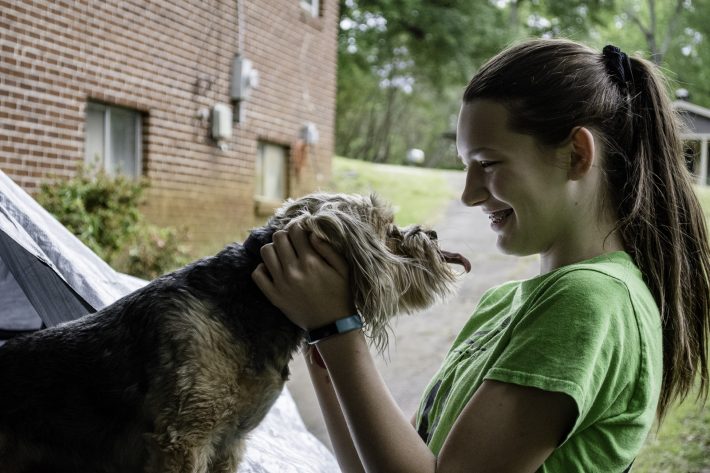
Another entry from the nostalgia widget:
I wrote,
My reaction over the years has changed. In the past, I was just trying to survive at this point in the year. Perhaps that was because of a lack of clear and clear-headed goals for students; maybe that was a result of my inexperience and ineffectiveness; possibly that was because I had some exceptionally challenging students. Or perhaps it was all that and more. At any rate, I find myself eager, after a short break, to begin again. A sufficient “short break” in this case would be about three weeks or so, but I’m fortunate that we get about four times that.
That short break I was referring to was a hypothetical three-week summer break before getting back to school. I was suggesting that perhaps the whole summer is necessary. Indeed, it’s a luxury. But now — we’ll have a break from mid-March until mid-August, and even then, I doubt we’ll get back to normal.
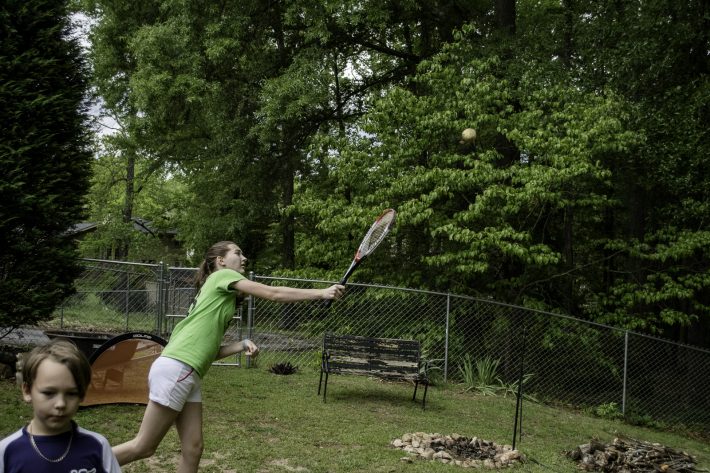
In the end, “normal” will have to shift. Our state superintendent is already talking about possibly going to school in shifts to maintain an appropriate distance. I’m assuming that would mean dividing the eighth-grade student body in half: group A goes Monday and Wednesday and group B goes Tuesday and Thursday. Friday? Who knows. Who knows anything at this point. It’s odd that the longer this stretches out, the more the uncertainty in some sense.
